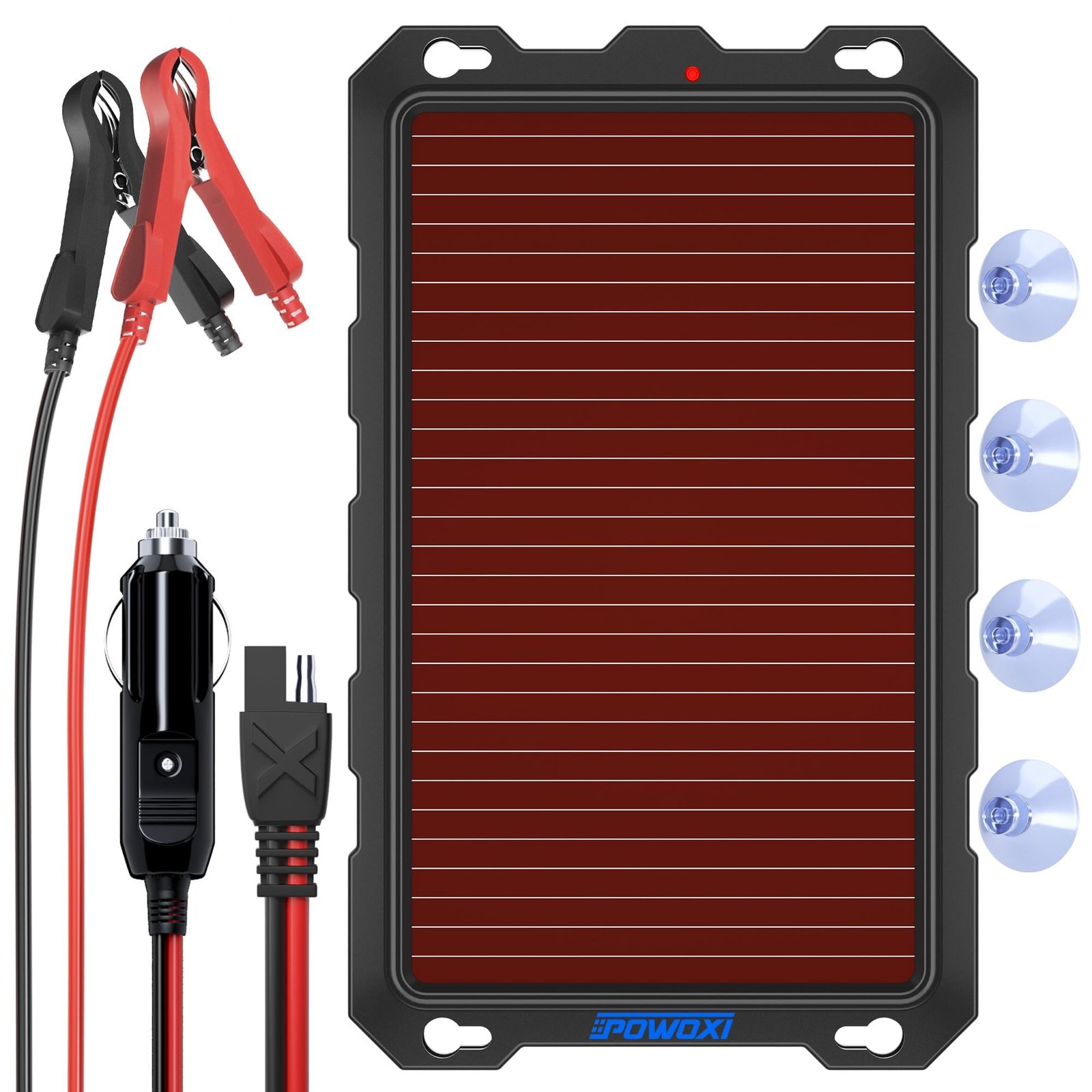Assessing the mileage of a permanent RV trailer in Florida is essential. Accurate mileage checks help determine the vehicle’s value and condition.
If you plan to buy or sell an RV trailer in Florida, knowing how to assess its mileage is crucial. This knowledge ensures you make informed decisions, avoiding potential pitfalls. Mileage affects the RV’s price and performance. In this blog, we will guide you through the process of evaluating the mileage of a permanent RV trailer.
Understanding this will help you feel confident in your transactions, whether buying or selling. Stay tuned as we break down the steps to accurately assess RV mileage, ensuring you get the best deal possible.
Understanding Permanent Rv Trailers
Permanent RV trailers are a popular choice for many RV enthusiasts in Florida. They offer unique features that set them apart from regular RVs. Understanding these differences can help you make an informed decision when assessing mileage. This section will explore what makes permanent RV trailers distinct and valuable.
Definition And Features
Permanent RV trailers are designed to stay in one location for an extended period. Unlike traditional RVs, they are not meant for frequent travel. Here are some key features:
- Sturdier construction to withstand long-term stationary use
- Enhanced insulation for year-round comfort
- Spacious interiors with residential-style amenities
- Large holding tanks for water and waste
- Heavy-duty axles and tires for stability
Difference From Regular Rvs
There are several differences between permanent RV trailers and regular RVs. These differences can impact the way you assess mileage.
| Feature | Permanent RV Trailers | Regular RVs |
|---|---|---|
| Usage | Stationary | Mobile |
| Construction | Heavier, more durable | Lighter, designed for travel |
| Interior Space | More spacious | Compact |
| Amenities | Similar to a home | Basic |
| Insulation | Better for all seasons | Standard |
These differences make permanent RV trailers a great option for long-term stays. Understanding these features and differences helps in properly assessing mileage.
Factors Influencing Rv Mileage
Understanding the factors influencing RV mileage is crucial for potential buyers. Various elements play a role in determining the efficiency and longevity of an RV’s mileage. This section will explore key factors such as the age of the RV, maintenance history, and travel frequency.
Age Of The Rv
Older RVs tend to have higher mileage. Wear and tear accumulate over time. This can impact fuel efficiency. Newer models usually offer better performance. They come with advanced technology and improved engines. Consider the RV’s age when assessing its mileage.
Maintenance History
Regular maintenance keeps an RV in good condition. It helps maintain optimal mileage. Check the maintenance records carefully. Look for consistent servicing and repairs. Well-maintained RVs have fewer issues. They offer better fuel economy. Poorly maintained RVs can have hidden problems. This affects overall mileage.
Travel Frequency
Frequent travel impacts an RV’s mileage. Regular use can lead to higher mileage readings. Consider how often the RV was used. Occasional trips result in lower mileage. Full-time living or frequent trips increase mileage. Understanding travel patterns helps assess the RV’s condition.
Tools For Mileage Assessment
Accurately assessing the mileage of a permanent RV trailer is crucial. It helps in determining its value and maintenance needs. Various tools can assist in this process, ensuring you get a clear picture of the RV’s usage and condition. Below, we explore three essential tools for mileage assessment: Mileage Tracking Devices, Service Records, and Visual Inspections.
Mileage Tracking Devices
Modern RVs often come equipped with mileage tracking devices. These devices provide real-time data about the distance traveled. They are reliable and easy to use. You can install aftermarket devices if your RV lacks one. Popular devices include GPS trackers and odometers.
| Device | Features |
|---|---|
| GPS Tracker | Accurate distance tracking, route history, easy installation |
| Odometer | Basic mileage tracking, mechanical or digital, widely available |
Service Records
Service records are invaluable for assessing mileage. They provide a historical overview of the RV’s maintenance and repairs. Look for records that indicate mileage at each service. This helps in verifying the accuracy of the mileage tracking device. Keep a detailed log of all services and repairs.
- Maintenance logs
- Repair receipts
- Inspection reports
Visual Inspections
Performing regular visual inspections can reveal clues about the RV’s mileage. Check for signs of wear and tear on the tires, brakes, and suspension. Inspect the interior for usage marks. High mileage RVs often show significant wear in these areas.
Use a flashlight to examine the undercarriage for rust and damage. Note any discrepancies between the visual condition and the recorded mileage.
- Check tires for tread wear
- Inspect brakes and suspension
- Examine the undercarriage for rust
Using these tools will give you a comprehensive understanding of the RV’s mileage. This information is crucial for both buyers and sellers. Stay informed and make confident decisions.

Credit: www.amazon.com
Steps For Accurate Mileage Assessment
Assessing the mileage of a permanent RV trailer in Florida involves checking the odometer reading. Inspecting maintenance records helps verify accuracy. Confirming the distance traveled ensures a fair sale.
Assessing the mileage of a pre-owned RV trailer is crucial. It helps determine its value and condition. Accurate mileage assessment ensures you make a smart investment. Follow these steps to get a clear picture of the RV’s mileage.
Reviewing Documentation
Begin by checking the RV’s documentation. Look for maintenance records and service logs. These documents often record mileage during each service. Compare the dates and mileage entries. Consistency indicates accurate records. Gaps or sudden jumps in mileage may signal issues. Always verify the authenticity of the documents.
Inspecting The Odometer
Next, inspect the odometer. This is a key step in mileage assessment. Check if the odometer is digital or analog. Digital odometers are harder to tamper with. Analog odometers can sometimes be rolled back. Look for signs of tampering. Scratches or misaligned numbers are red flags. Ensure the odometer reading matches the documented mileage.
Consulting With Experts
Consult with RV experts if you have doubts. Professional inspectors can provide a thorough assessment. They check for signs of wear and tear that match the mileage. Experts can also use diagnostic tools to verify odometer readings. Their experience helps identify discrepancies. An expert’s opinion can save you from costly mistakes. Following these steps ensures you get an accurate mileage assessment. This helps you make informed decisions when buying a pre-owned RV trailer.
Common Mistakes To Avoid
Assessing the mileage of a permanent RV trailer can be tricky. Many people make common mistakes that lead to inaccurate assessments. Understanding these pitfalls ensures you get the best deal and avoid unpleasant surprises. Let’s explore the most common mistakes to avoid.
Ignoring Service Records
Service records provide a history of the RV’s maintenance. These documents show if the RV received regular care. Ignoring service records can lead to unexpected repairs. Always ask for these records. They offer insights into potential future issues. A well-maintained RV will have fewer problems.
Relying Solely On Odometer Readings
Odometer readings give you the total distance traveled. But they do not tell the whole story. The odometer can be tampered with or replaced. Always cross-check the odometer reading with service records. Look for signs of wear and tear. These signs can indicate actual usage. Trusting only the odometer can mislead you.
Legal Considerations In Florida
When selling an RV in Florida, understanding the legal considerations is crucial. Knowing the state’s regulations and disclosure requirements can save you from potential legal troubles. This section will guide you through the essential legal aspects of selling a permanent RV trailer in Florida.
State Regulations
Florida has specific regulations for selling RVs. Ensure you are familiar with these laws to avoid penalties:
- Title Transfer: The seller must provide a valid title to the buyer.
- Bill of Sale: This document should detail the RV’s sale, including the price and condition.
- Emissions Testing: Some areas in Florida require emissions testing for RVs. Check local requirements.
Disclosure Requirements
Florida law requires sellers to disclose certain information about the RV:
- Odometer Reading: Provide the accurate mileage of the RV trailer.
- Condition Report: Disclose any known defects or issues with the RV.
- Service Records: Sharing maintenance history can build trust with buyers.
By following these guidelines, you can ensure a smooth and legal sale of your RV in Florida. Always consult with a legal expert if you have any doubts.
Frequently Asked Questions
How To Check Rv Trailer Mileage?
To check RV trailer mileage, review the odometer reading. Additionally, examine maintenance records and service logs. These documents provide accurate mileage details.
What Affects Rv Trailer Mileage?
RV trailer mileage is affected by factors such as driving habits, terrain, and weather conditions. Maintenance and tire condition also play a significant role.
Can Mileage Impact Rv Trailer Value?
Yes, mileage can impact RV trailer value. Higher mileage often leads to lower resale value. Buyers prefer RVs with lower mileage.
How To Maintain Rv Trailer Mileage?
Maintain RV trailer mileage by following a regular maintenance schedule. Keep tires properly inflated and ensure engine and components are serviced regularly.
Conclusion
Assessing RV trailer mileage is crucial for a good deal. Follow these steps to evaluate it accurately. Check the odometer, maintenance records, and physical condition. Ensure your purchase is worth the investment. Understanding mileage helps avoid future issues. Happy RVing!




